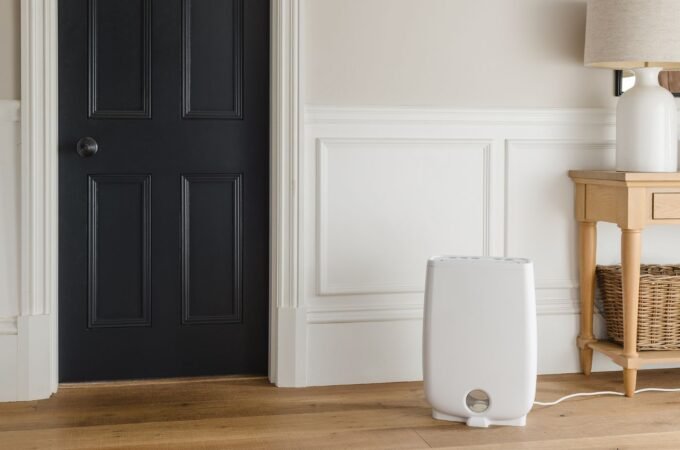
Pros and Cons of Memory Foam Mattresses
We all want to get a good night’s sleep as often as we can. If you find that you’re staying awake longer than you’d like to on a regular basis, it may be time to consider getting a new mattress.
Chances are you’ve heard of memory foam, and you may be wondering whether this mattress will give you a better night’s sleep. While some people swear by memory foam, others are skeptical about it.
What is memory foam, and what are the advantages and drawbacks of this type of mattress? Here are some details that will help you choose whether memory foam is right for you.
What Exactly Is Memory Foam?
Memory foam was initially designed in the 1960s and was used to create the seats for NASA airplanes. Memory is made from viscoelastic and is very soft and absorbent. The foam also evenly distributes the body weight and takes on the form of the body in response to pressure and heat. When you move from one spot on the memory foam, the pressure in that is released and the foam returns to its original shape
These characteristics make memory foam very comfortable and are a shield from impact. This is why people with joint pain or chronic muscle pain often use memory foam to relieve pain. Memory foam is also used in shoes and helmets to reduce impact and pressure. In the medical world, memory foam is used in prosthetics and for seating pads used by people who are disabled.
Once people got a clear idea of the benefits of memory foam, the substance was used in mattress pads, pillows and mattresses. You can choose the depth and density you want when you’re selecting memory foam products.
Memory Foam Benefits
If you’re thinking of purchasing a memory foam mattress to get better sleep, sleep specialists say that this could be a good idea. However, this is only based on the fact that the foam is comfortable, since the studies done on the foam are plentiful yet. One of the reasons for this is that the studies can be costly, especially if they are conducted independently. If the studies are supported by the mattress industry, they are likely to be biased.
A number of sleep technology advancements, including memory foam, are pretty new, which means they haven’t been studied in detail as of yet. The effectiveness of memory foam is also subjective, since people sleep differently and require different conditions to be truly comfortable.
Studying the Brain
The electrical activity of the brain, which is measured with an electroencephalogram or EEG and other analyses that are done while a person is sleeping doesn’t always match with the person’s overall sleep experience. For instance, even if the person says they got restful sleep, the test results may say otherwise.
To find out if memory foam is right for you, talk to your doctor about your sleep patterns and how comfortable you feel in your bed. Be honest about all your health conditions as well, so that you get medical recommendations for a memory foam mattress that would be best for you.






